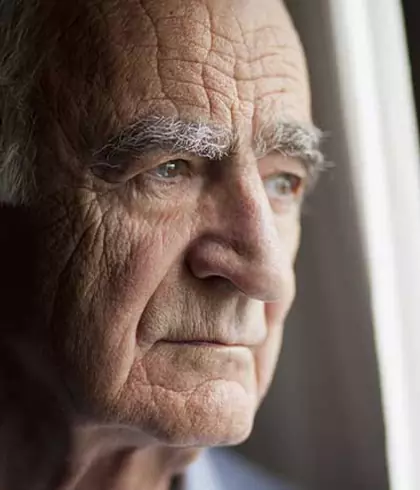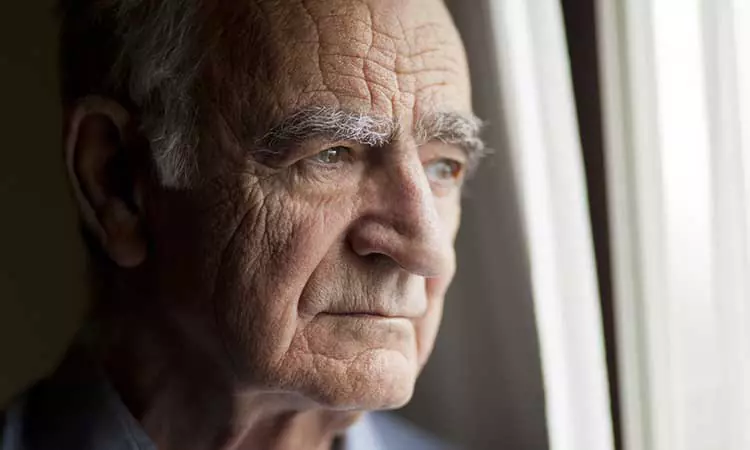

Elderly depression: Causes & treatment
Aging is a part of life that is inevitable. As a person grows older, their reduced memory and mobility affects their ability to complete daily activities.
Older adults are at risk of misdiagnosis as their symptoms of depression can be mistakenly attributed to other illnesses, medications, or life changes.
Geriatric depression/elderly depression is a mental and emotional disorder affecting older adults. Feelings of sadness and occasional “blues” are normal. However, lasting depression is not a typical part of aging process.
According to the Centers for Disease Control and Prevention (CDC), depression affects about 1-5% of the general elderly population, 13.5% in elderly who require home healthcare, and 11.5% in older hospital patients.
Causes of geriatric depression
Some research indicates that there could be a genetic link to elderly depression. However, biological, social, and psychological factors all play an important role in depression in older adults.
Research suggests the following to be the cause of depression:
- low levels of key neurotransmitter chemicals in the brain (such as serotonin and nor epinephrine)
- a family history of depression
- traumatic life events, such as abuse or the death of a loved one
- social isolation
- financial burden or family tension
Medical problems including chronic medical conditions such as cancer, Parkinson’s disease, heart diseases, diabetes mellitus, dementia and Alzheimer’s can trigger, or worsen the symptoms of depression in elderly patients.
Symptoms of depression in elderly:
- Persistent sadness
- Feeling slowed down
- Excessive worries about finances and health problems
- Frequent tearfulness
- Feeling worthless or helpless
- Weight changes
- Pacing or fidgeting
- Difficulty sleeping
- Difficulty concentrating
- Somatic complaints (unexplained physical pain or gastrointestinal problems)
- Withdrawal from social activities
Tips to cope with elderly depression:
Elderly people might also be reluctant to talk about their feelings or fail to understand that physical symptoms can be signs of depression or for that matter even other ailments. For elderly people living independently, isolation can make it difficult to reach out for help.
- Schedule group outings with other old age members or with family
- Establish a weekly visit; give them ample time to enjoy and relax with children around
- Assist with transportation to medical appointments
- Cook and freeze healthy meals for easy preparation
- Help create a system to ease with taking medication regularly
Why homeopathy:
Homeopathy understands that symptoms of illness represent the body's defenses in its efforts to adapt to and respond against infection, or stress of some kind.
For over 200 years homeopaths have observed the ability of many conventional drugs to suppress acute illness and turn them into deeper chronic illness. Drugs are known to lead to various states of mental illness from depression to delusion to suicidal thoughts.
Homeopathy prescribes medicines based on both physical and psychological symptoms, not just a single symptom or disease label. The system prescribes medicines that are individualized and its results are significant.
For more information about depression, visit https://www.drbatras.ae/depression
Key Takeaways
- Aging can lead to reduced memory and mobility, affecting daily activities for older adults.
- Depression in older adults is often misdiagnosed because symptoms can be mistaken for other issues.
- Geriatric depression is not a normal part of aging and affects a significant portion of the elderly population.
- Causes of elderly depression include genetic factors, life events, social isolation, and medical conditions.
- Coping tips include social activities, regular visits, medical appointment assistance, and meal preparation.

